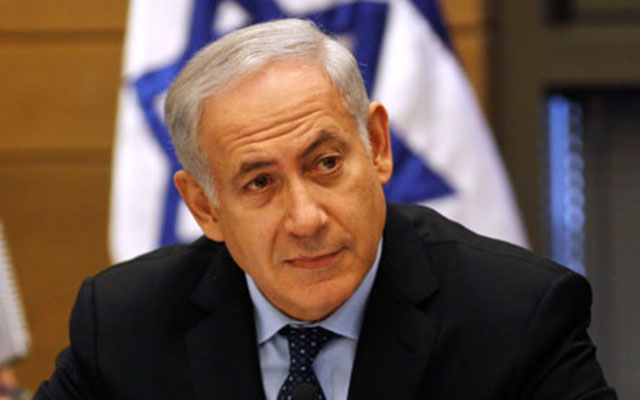Madagascar polls free, credible: Observers


Namibia’s Foreign Affairs minister Netumbo Nandi-Ndaitwah and former Mozambican President Joaquim Chissano and head of the Southern African Development Community (Sadc) give a press conference in Antananarivo yesterday. Madagascar’s presidential candidates both claimed victory in run-off polls. – AFP
ANTANANARIVO. – Observers certified Madagascar’s run-off presidential polls as free, credible and democratic yesterday, urging bickering candidates to stay calm as counting continued after the vote to restore democracy.
The Southern African Development Community (Sadc) hailed the peaceful ending of the runoff presidential election and the legislative election, Sadc officials said at a press conference yesterday.
“Sadc recognises the challenge Madagascar, particularly the Independent National Election Commission (CENIT) faced in organising a free, transparent and peaceful election,” said Netumbo Nandi-Ndaitwah, minister of Foreign Affairs of the Republic of Namibia and head of the 252-member Sadc observer team.
“The peaceful and calm environment created by the people and government for the success of the elections; professionalism of the CENIT staff, prompt accreditation of observers; readiness of CENIT to assist observers despite a heavy workload, political tolerance as well as freedom of association and expression during the electoral campaigns, use of information education and communication in voter and civic education use of translucent ballot boxes and assistance of voters with special needs, best democratic practices observed by Sadc from the election s in Madagascar,” the Namibian Foreign Affairs minister said.
Some isolated incidents took place but were not of such magnitude as to affect the final outcome of the election, the leader of the Sadc electoral observer added.
“Sadc encourages the people of Madagascar to continue respecting of rule of law and that parties with grievances related to these election should seek redress through the courts of law,” she concluded.
“According to the parameters and methodology of the European Union, the elections were free, credible and democratic,” said EU mission chief Maria Muniz de Urquiza.
But she cautioned that “the process has not finished. We have to wait for counting to end and the reporting of the results,” after both candidates claimed victory in an ominous reminder of similar disputes during 2001 polls.
Freemason doctor Robinson Jean Louis (66), candidate of ousted president Marc Ravalomanana, and his rival Hery Rajaonarimampianina, backed by strongman Andry Rajoelina, have also traded accusations of fraud such as stuffing ballot boxes and transporting pre-marked ballots.
The parliamentary and run-off presidential polls were aimed at pulling the island nation out of its stagnation after Rajoelina seized power from Ravalomanana in an army-backed coup in 2009.
The two foes were barred from running for the presidency as the international community fears a return to violence, but proxy candidates ran instead.
Other observers also judged the polls free and urged the candidates to accept the outcome.
Earlier yesterday the US-based Carter Centre hailed the “peaceful vote” organised by a first-ever independent electoral commission.
Observers from the Carter Centre and the Johannesburg-based Electoral Institute for Sustainable Democracy in Africa (EISA) found “that voting and counting processes were peaceful, orderly,” they said in a statement.
The polls’ organisation was “relatively successful” despite several constraints, said EISA mission head Cassam Uteem, a former president of Mauritius.
Technical, logistical and financial challenges complicated the vote during the rainy season on the world’s fourth largest island.
The Carter Centre also noted a “few shortcomings”, such as inconsistent use of separate voters lists for the presidential and parliamentary polls and late delivery of materials.
But it stressed “these shortcomings were not systematic and will not impact the outcome of the elections.”
Turnout was low – around half the former French colony’s 7.9 million eligible voters, according to the centre.
Mutual mud-slinging has marked the long wait as counting continues and results trickle in.
The election commission, police and observers have so far confirmed no fraud allegations.
“All the members of our team have confirmed that everything happened transparently, and we don’t have any reason to believe that there has been rigging,” EISA’s Uteem told AFP.
“There have been a few small irregularities which happen everywhere and aren’t specific to Madagascar.”
Rajaonarimampianina (55), a former finance minister under Rajoelina, led with 53.93 percent of votes against Jean Louis’s 46.07 precent, with 2,561 polling stations out of 20,001 reporting by the afternoon.
Final results are not expected before January 7, to be confirmed by the election court by February 18.
Friday’s presidential run-off after an inconclusive first round on October 25 coincided with a vote for 151 parliamentarians.
The stand-off between the rivals resembles a similar squabble between Didier Ratsiraka and Ravalomanana following polls in 2001, a reminder of the Indian Ocean island’s turbulent history. – Xinhua-AFP.









Comments